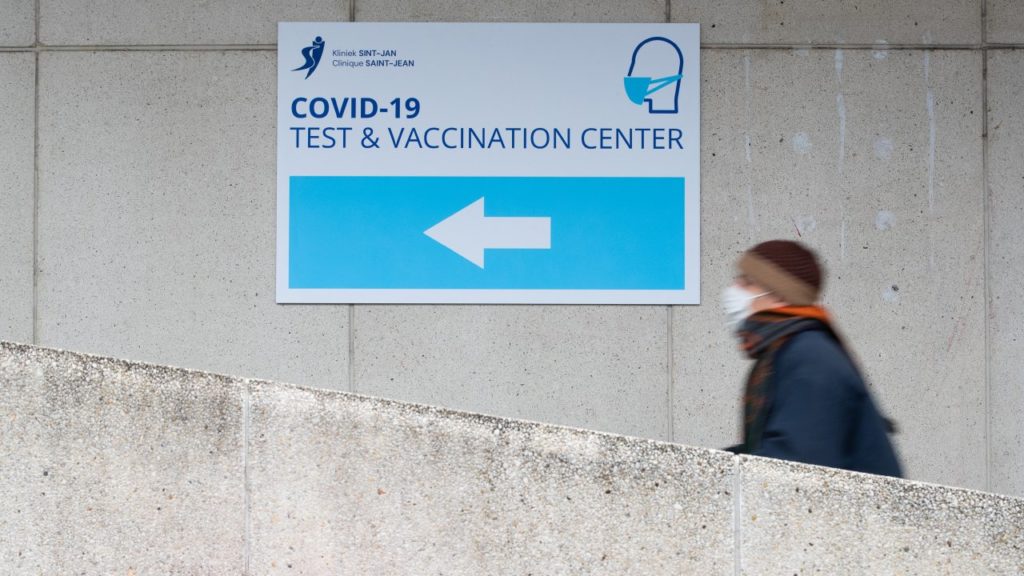The European branch of the World Health Organisation (WHO) has criticised the slow vaccination rollout in the region’s countries and has urged for vaccine production to be increased.
The organisation warned that the region’s situation is more worrying than it has seen in several months and that the current vaccination campaigns are giving governments and citizens a“false sense of security”.
“Vaccines present our best way out of this pandemic. However, the roll-out of these vaccines is unacceptably slow. And as long as the coverage remains low, we need to apply the same public health and social measures as we have in the past, to compensate for delayed schedules,” Dr Hans Henri Kluge, WHO Regional Director for Europe, said in a statement.
Related News
- Brussels Airport adapts annual awards to recognise cargo community’s efforts during pandemic
- Eurovision Song Contest can go ahead with live audience as test event
To date, just 10% of the region’s total population has received at least one vaccine dose, and just 4% has been fully vaccinated against the virus, as only 80% of upper-middle-income countries and 60% of lower- and lower-middle-income countries are vaccinating their population.
He emphasised the process must be sped up by “ramping up manufacturing, reducing barriers to administering vaccines and using every single vial we have in stock, now.”
Although new cases are increasing across the region, the infection rate in age groups of people aged 80 years and older has declined steadily, “reflecting early signs of the impact of vaccination”.
Kluge recognised governments wanted to protect their own populations first, but strongly urged governments to share excess doses with countries in need, once health-care workers and the most vulnerable have been vaccinated, adding that not doing so is “self-defeating”.
Risk of increased mobility during holidays
Across the region, 50 countries have reported the British variant, which “has a greater public health impact” as it is more transmissible and can increase the risk of hospitalisation, has now become the predominant variant, the WHO warned.
The organisation also warned that increased mobility and gatherings over the religious holidays pose a further risk, and pleaded with people to follow the new measures introduced by many countries in Europe.
A total of 27 countries are now in a partial or full nationwide lockdown, whilst 21 have imposed nighttime curfews. In the past two weeks, 23 countries have intensified restrictions while 13 have eased measures, with an additional nine expected to do so soon.
The WHO emphasised that continued public health and social measures, as well as vaccination rollout, will eventually bring an end to the pandemic, and urged governments in the region not to relax measures at the moment.
“We can’t afford not to heed the danger. We have all made sacrifices, but we cannot let exhaustion win. We must keep reining in the virus,” Kluge said.
Lauren Walker
The Brussels Times

